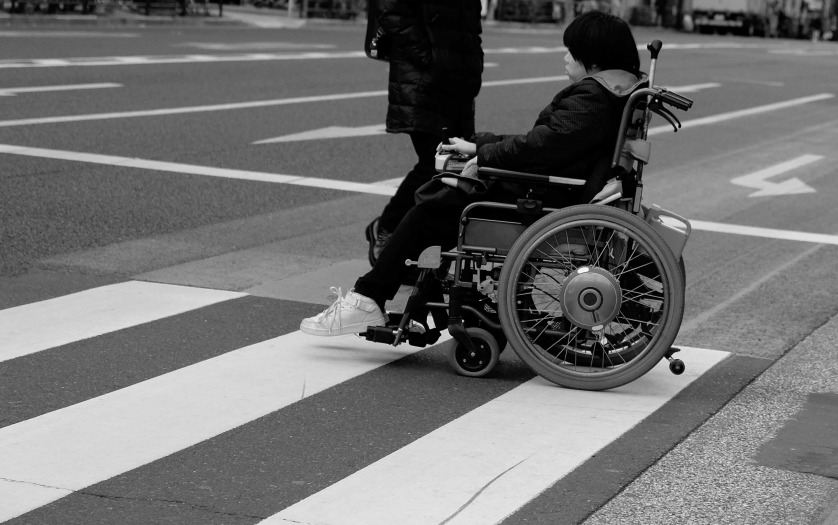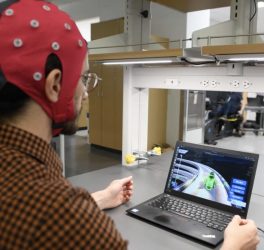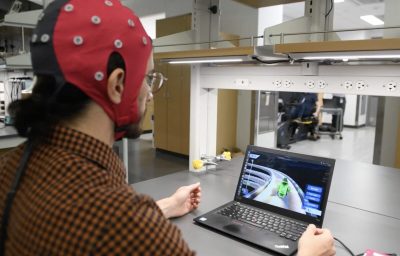
In a welcome move that will allow students with disabilities to pursue academics with independent mobility at various universities in Pakistan, the country’s higher Education Commission (HEC) has invited applications from students to receive an electric wheelchair.
Under the second phase of the Prime Minister’s Electric Wheelchair Scheme for University Students, the scheme is open for students being enrolled in public-sector universities and affiliated colleges during the Fall Semester 2020-2021.
Applications can be submitted through www.eportal.hec.gov.pk/wheelchair.
The scheme’s eligibility criteria cover those students who have a physical and permanent ambulatory disability to such a degree that they are unable to move from one place to another without a wheelchair.
However, all the applicants must have a valid certificate of a special person or ambulatory disability from relevant government authorities.








